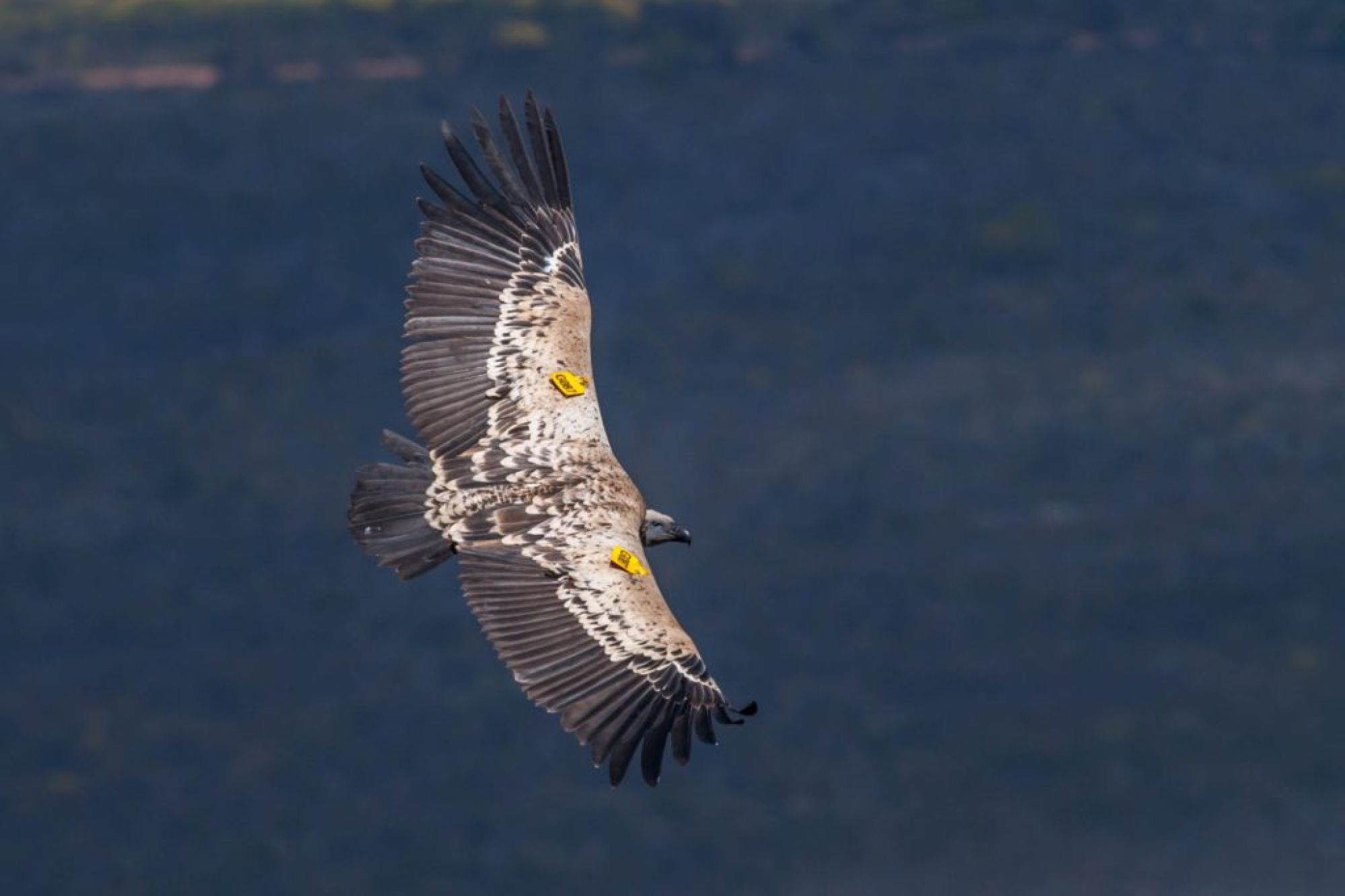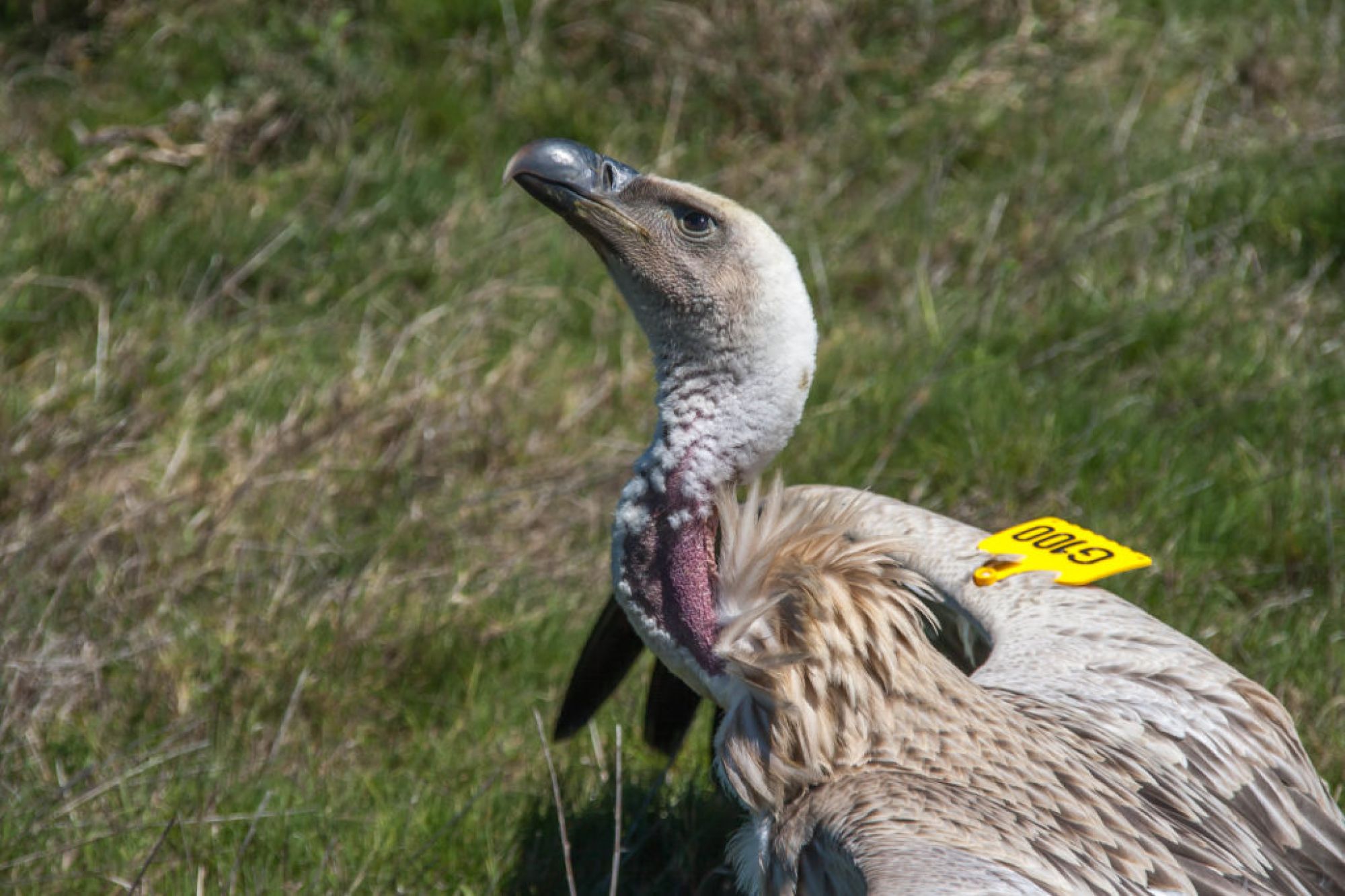
Celebrating World Wildlife Day at the Potberg Cape Vulture colony
By Lusanda Gqaza and Yanga Mbatana (Environmental Education Officers, De Hoop Nature Reserve)
On 20 December 2013, the United Nations General Assembly (UNGA), proclaimed 03 March (the day of adopting the Convention on International Trade in Endangered Species of Wild Fauna and Flora, CITES, in 1973), as World Wildlife Day. This is a day that recognizes and encourages symbiotic relations between humans and ecosystems. This year the international theme is Forests and Livelihoods.
It is especially appropriate to celebrate an important species that CapeNature has been conserving and monitoring for many years, the Cape vulture, Gyps copotheres, an endangered species found in South Africa, Lesotho, Botswana and Mozambique. CapeNature’s De Hoop Nature Reserve, and in particular the Potberg mountains, serve as the only habitat with a viable population of the Cape vulture in the Western Cape.

This species requires close monitoring to evaluate whether or not the population is increasing. Monitoring of the vultures is done by Ornithologist Kevin Shaw and his team. Surveys are done every year, once a month depending on the weather conditions, between April and September. During these surveys, free-flying vultures, fledglings and breeding pairs are counted. Over the years there has been an increase in the number of vultures found at Potberg, from 70 vultures in 1955 to over 300 birds in 2019 (free flying birds only). The number of breeding pairs and fledglings have also increased over the years and 64 fledglings were recorded in 2019. But just as for many other wildlife species, Cape vultures still face serious threats such as loss of habitat and poisoning.

CapeNature continues to play a vital role in conserving and closely monitoring the vultures with hope that the population will continue to increase and with that the IUCN status of this special species will eventually change from endangered to least concern.
Related News
How can I assist you today?
How can I assist you today?




